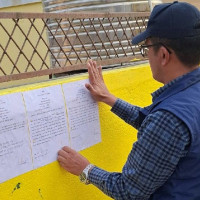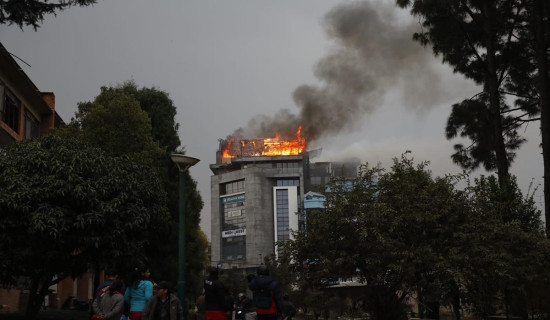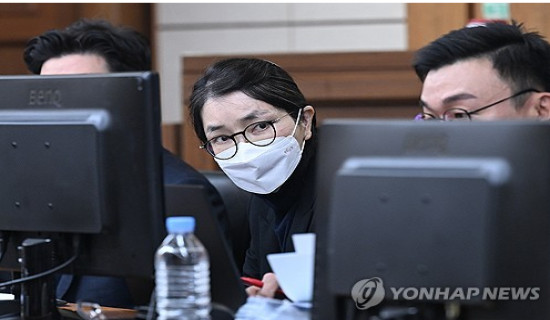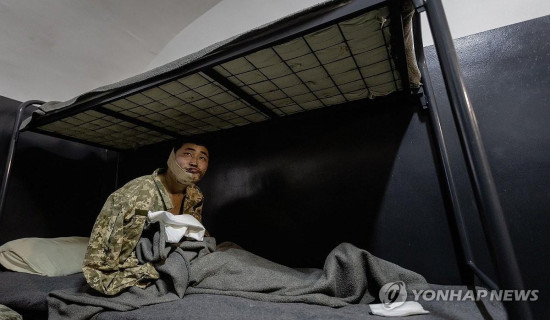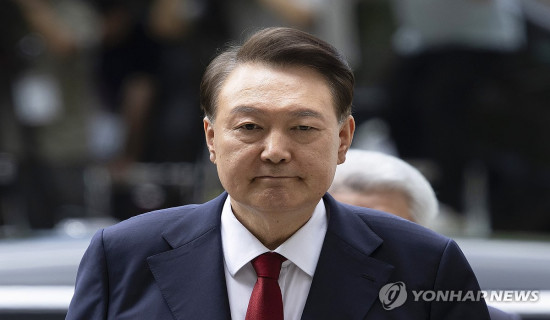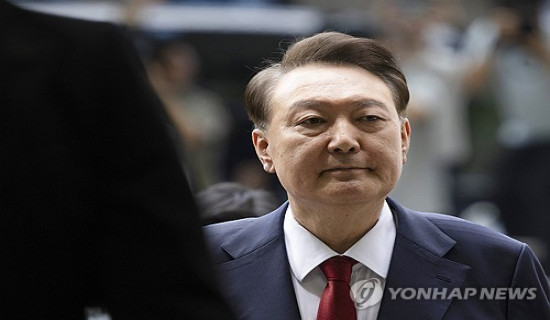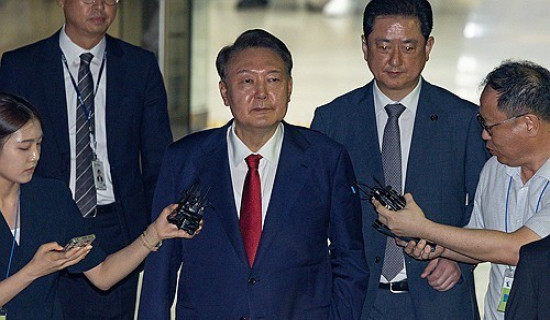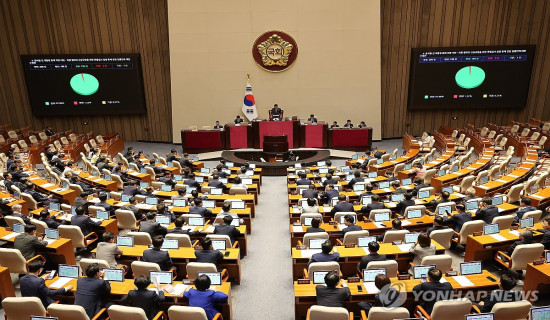- Tuesday, 3 March 2026
Ex-PM Han declares presidential bid, pledges constitutional reform
By Lee Haye-ah, SEOUL, May 2 (Yonhap): Former Prime Minister Han Duck-soo declared his bid for president Friday, vowing to cut short his term to three years in order to amend the Constitution and use his economic expertise to tackle the crisis in trade.
Han's announcement at the National Assembly came one month before voters head to the polls on June 3 to pick a successor to impeached former President Yoon Suk Yeol.
Even before entering the race, Han was a favorite among conservatives to challenge current front-runner Lee Jae-myung, the presidential candidate of the liberal Democratic Party.
Until his resignation Thursday, Han served as acting president and prime minister in the months following Yoon's short-lived imposition of martial law in December.
"I decided to find something I can do for the future of the Republic of Korea I love and for all of us," he said in a press conference at the Assembly. "I will do my utmost to be chosen by our people through the upcoming presidential election."
Han, who was prime minister under both liberal and conservative presidents and also served as the South Korean ambassador to the United States, said he will make three promises to the people, including an immediate amendment to the Constitution.
The aim will be to craft an amendment proposal in his first year in office, finalize the amendment in the second year, hold general and presidential elections in the third year in line with the new Constitution, and then immediately step down.
The key goal in amending the Constitution, he said, will be "for the president and the National Assembly to share power amid checks and balances, eliminating the juridification of politics and the politicization of the judiciary, and sincerely contributing to the national interest and public welfare through the institutionalization of cooperative governance and effective administration."
The Constitution currently allows presidents to serve a single, five-year term, but under Han's proposal, he would only serve three years.
Han also pledged to resolve current trade issues triggered in part by Washington's new tariff policy by drawing on his experience leading multiple trade negotiations to success.
He further promised to work for national unity and inclusion of the socially weak and marginalized.


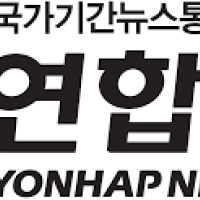

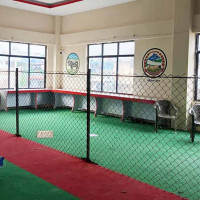
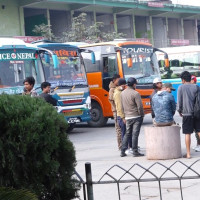
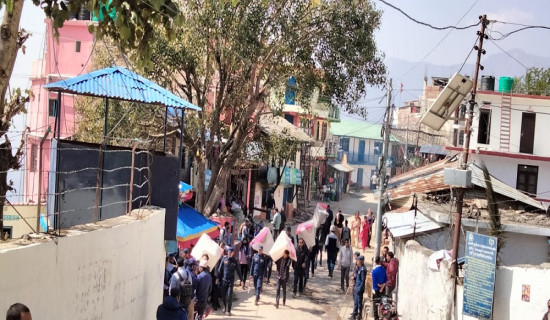
-square-thumb.jpg)
